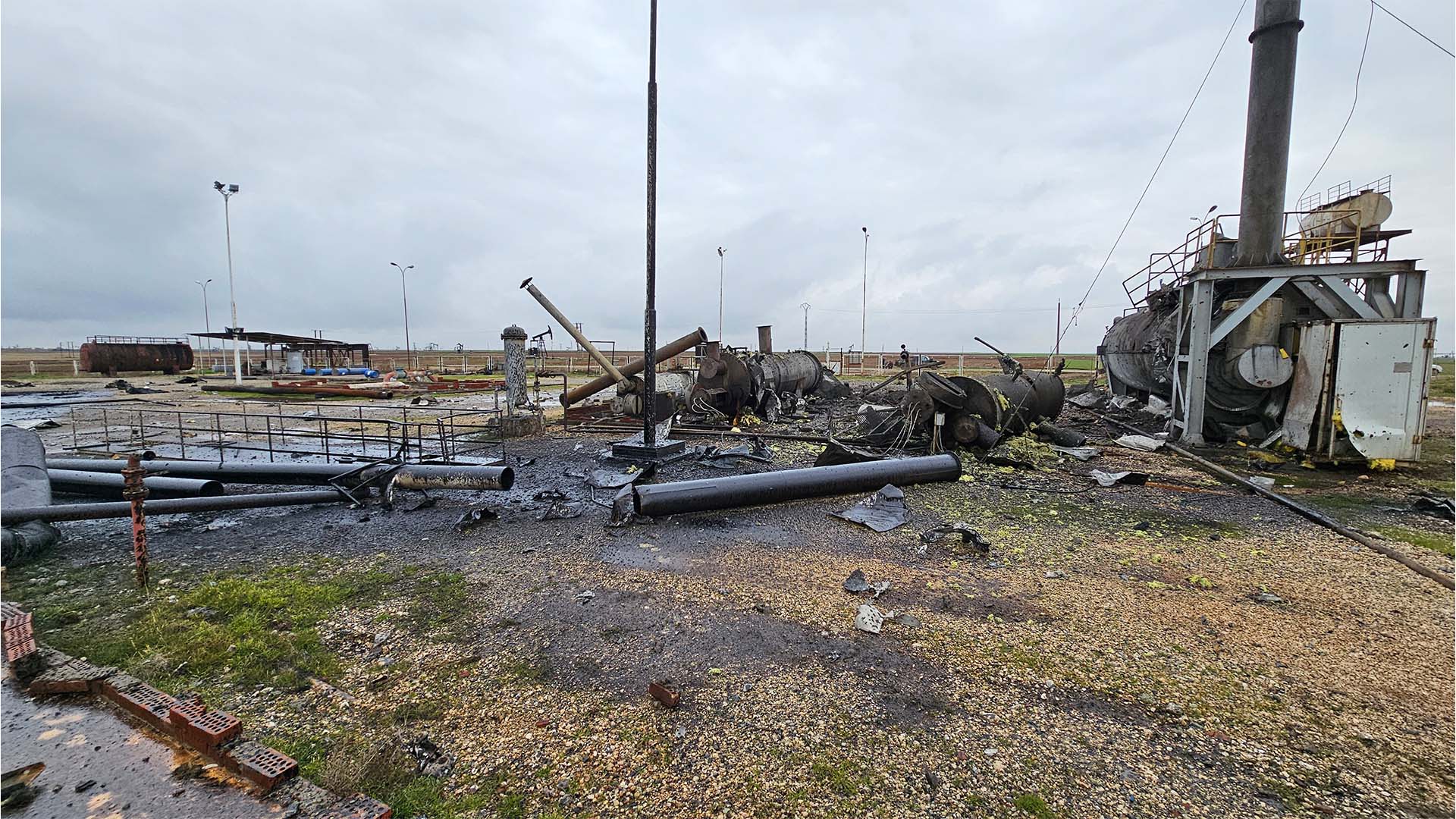
Months of Turkish air-strikes in northeast Syria have left more than a million people without power and double that number with no reliable access to water. Beyond the numbers, the cascading impacts have hit almost all parts of life, from homes and restaurants to petrol stations, buses, and bakeries.
Starting in early October, an initial series of heavy Turkish drone strikes knocked out civilian infrastructure and reportedly killed dozens—apparent retaliation for a suicide bombing outside a government building in Ankara.
The strikes have intensified since. According to the NES NGO Forum, a collection of aid groups that work in the region, attacks in December and January struck healthcare facilities as well as roads that are key for aid access, while a series of strikes in mid-January hit even more power stations.
The Kurdistan Workers’ Party (PKK), which Ankara considers to be a terrorist group, claimed responsibility for the Oct. 1 suicide bombing. Ankara considers the US-backed Syrian Democratic Forces (SDF), the military wing of the Kurdish administration that runs much of northeast Syria, to be an offshoot of the PKK.
— Shivan Ibrahim for The New Humanitarian, Feb. 21 (excerpt)
Internal links added.
Photo: al-Zarba oil field in northeast Syria, after it was hit by an air-strike in mid-January. Credit: Ivan Hasseeb/TNH





HRW: Turkey bears responsibility for abuses in Syria
Turkey bears responsibility for the human rights abuses and potential war crimes committed by Turkish and proxy forces in Turkish-occupied northern Syria, according to a report released Feb. 29 by Human Rights Watch (HRW). The 74-page report documents various abuses, including abductions, sexual violence and torture, by the Turkish-backed Syrian National Army (SNA). (Jurist)